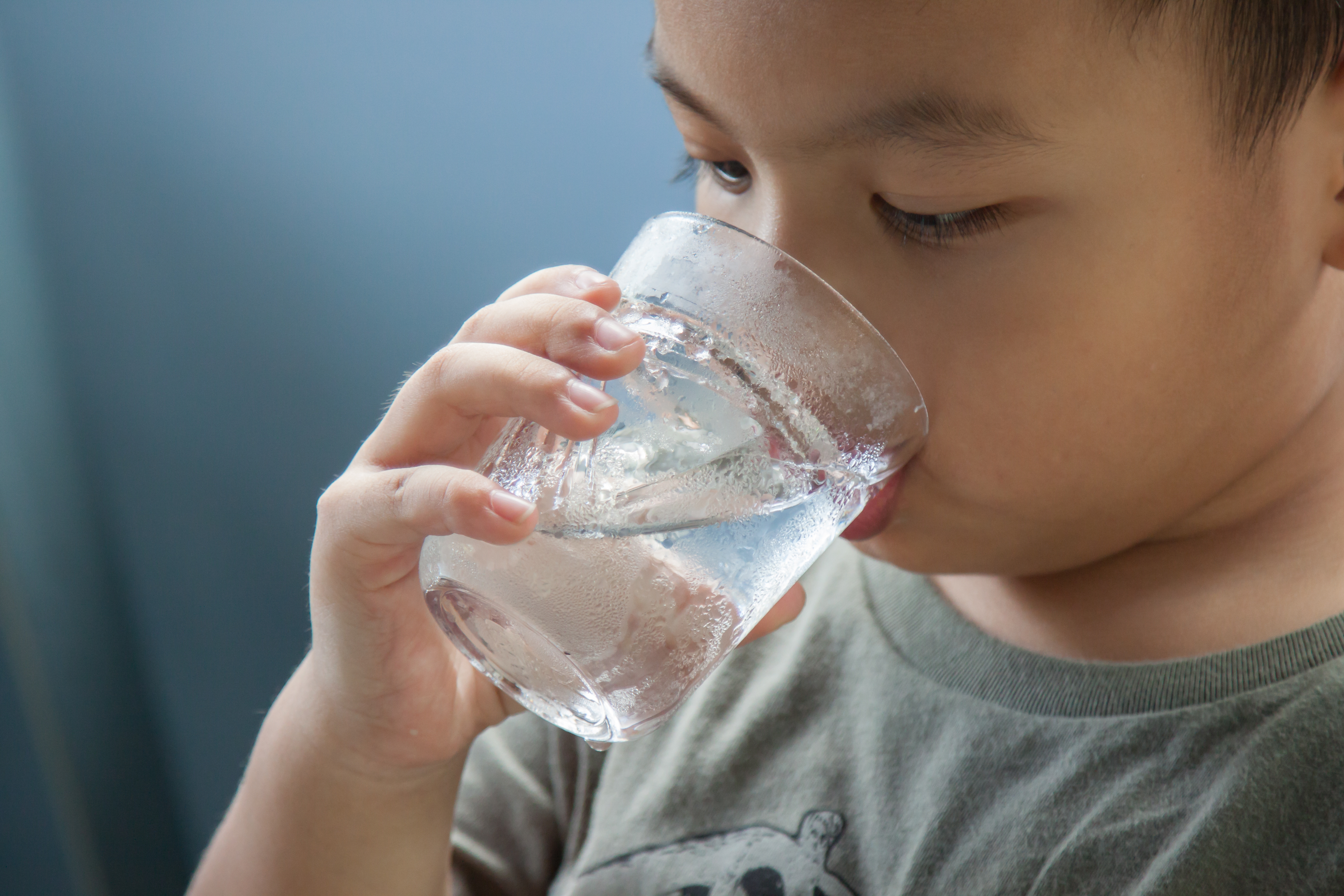Carbonated water (also known as soda water, glowing water, fizzy water, water in imitation of gas or (especially in the U.S.) as seltzer or seltzer water) is water containing dissolved carbon dioxide gas, either artificially injected below pressure or in the works due to natural geological processes. Carbonation causes little bubbles to form, giving the water an effervescent quality. Common forms tally sparkling natural mineral water, club soda, and commercially-produced sparkling water.
Club soda and glowing mineral water and some additional sparkling waters contain added or dissolved minerals such as potassium bicarbonate, sodium bicarbonate, sodium citrate, or potassium sulfate. These occur naturally in some mineral waters but are next commonly extra artificially to manufactured waters to mimic a natural melody profile. Various carbonated waters are sold in bottles and cans, like some afterward produced on demand by advertisement carbonation systems in bars and restaurants, or made at home using a carbon dioxide cartridge.
Carbonated water is a key ingredient in soft drinks: sweet beverages that typically consist of carbonated water, a sweetener and a flavoring, such as cola, root beer, or yellow soda. Plain carbonated water is often consumed as an interchange to soft drinks; some brands, such as La Croix, develop unsweetened seltzer products that are lightly flavored by the auxiliary of aromatic ingredients such as critical oils. Carbonated water is often consumed poisoned like fruit juice to create glowing punches or supplementary cocktails, or infused in imitation of proclaim by the addition of cut-up vivacious fruit or mint leaves.
New Investigation Reveals Why Harmful Chemicals Remain in Firefighting Foam and Contaminate
5 Ways To Look Younger Instantly
Amiblu potable water pipe systems


No comments:
Post a Comment